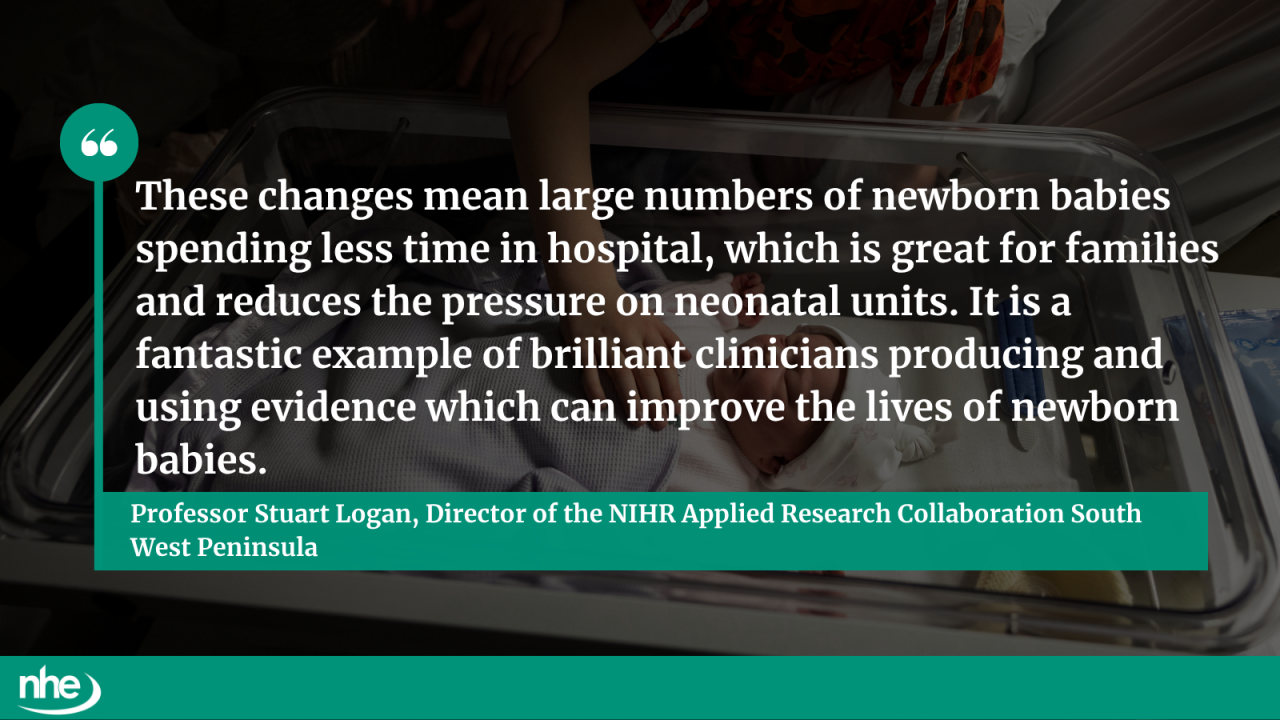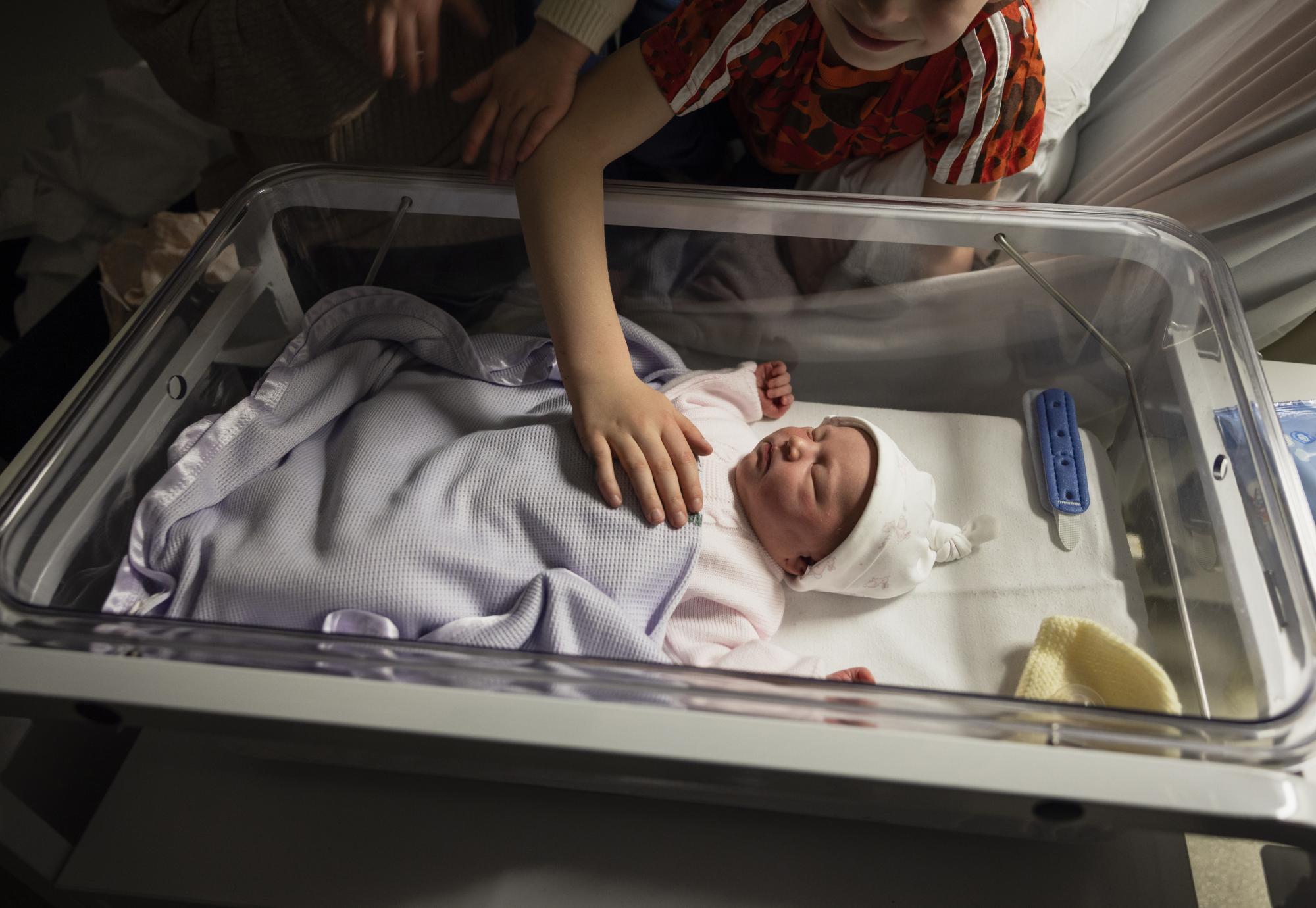A pioneering pilot project in Devon has shown that newborn babies with early-onset infections can safely complete their course of antibiotics at home, thanks to a new care pathway supported by the National Institute for Health and Care Research.
The NOAH (Neonatal Oral Antibiotics at Home) project, introduced by Royal Devon University Hospital NHS Foundation Trust, allows eligible babies to switch from intravenous to oral antibiotics after just 36 hours in hospital, rather than staying for up to seven days.
Over six months, 27 babies were treated under the NOAH pathway, with no increase in hospital readmissions or complications. The pilot demonstrated significant benefits, including:
- 2.7-day reduction in average hospital stay
- Fewer gentamicin doses, reducing risk to kidneys and hearing
- Lower pressure on neonatal units and reduced costs
- Improved family bonding – 100% of surveyed parents reported better connection with their baby Traditionally, babies suspected of infection undergo painful procedures to maintain IV access and receive antibiotics like gentamicin, which carries risks. The NOAH model not only reduces these risks but also cuts carbon emissions linked to hospital travel and drug production.
Director of the NIHR Applied Research Collaboration South West Peninsula, Professor Stuart Logan, said:
“These changes mean large numbers of newborn babies spending less time in hospital, which is great for families and reduces the pressure on neonatal units. It is a fantastic example of brilliant clinicians producing and using evidence which can improve the lives of newborn babies. I’m delighted that Health Innovation South West and NIHR PenARC have been able to help with this work and will now work with the team to spread this change across the country.”

The pathway is now part of routine care at Royal Devon, and discussions are underway to expand the model across NHS Trusts in the South West. Further research is planned to explore the impact on antimicrobial resistance and the neonatal gut microbiome.
Image credit: iStock



















